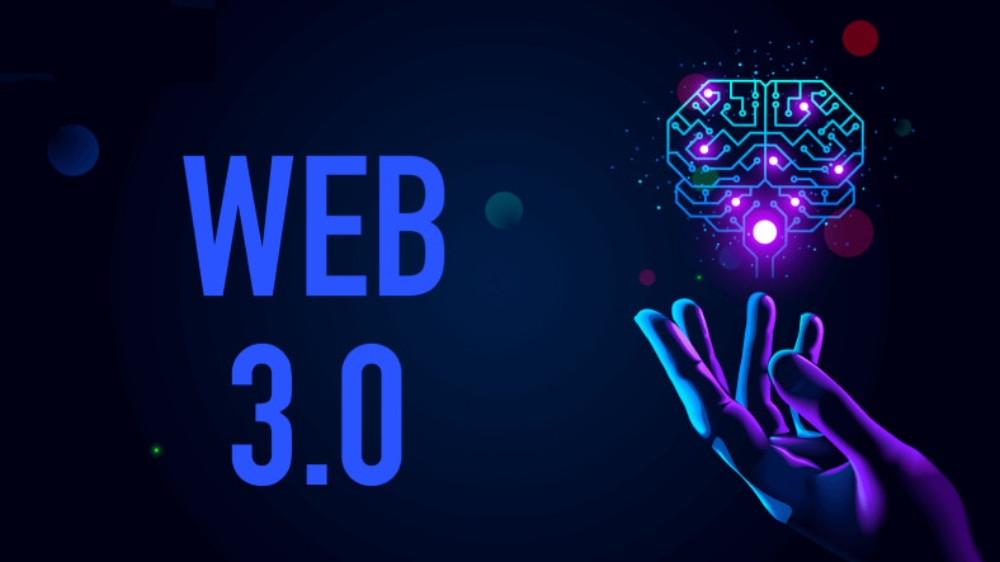TECHNOLOGY
How Web 3.0 is Democratizing Data Access and Control

Web 3.0 for businesses offers decentralized storage, self-sovereign identity and blockchain technology, enabling enhanced customer experience, efficient data management and better marketing and advertising strategies.
Businesses heavily rely on their historical data to identify trends and patterns, understand customer behavior, improve their products and services, enhance customer experience, and optimize business processes to stay competitive in the marketplace. Therefore, protecting and using this data in a careful manner is crucial. Web 3.0 for businesses can provide decentralized data storage and more capabilities. As the internet and data usage continues to grow, online interactions have become more complex and require greater security than what the current web offers. Web 3.0, which is a decentralized web, aims to provide more secure, intelligent, and decentralized access and control to manage the overwhelming amount of data and information available.
HOW WEB 3.0 FOR BUSINESSES IS DEMOCRATIZING DATA ACCESS AND CONTROL
The power of web 3.0 is enabling users with more defined access and control over data through:

Decentralized Storage
Web 3.0 uses decentralized storage systems such as IPFS and Swarm, which allow users to store data in a decentralized manner. This enables people and businesses to not rely on centralized servers, giving users more access and control over their data. The decentralized storage can be accessed from anywhere without any authorized third party.
Self-Sovereign Identity
Web 3.0 also introduces the concept of self-sovereign identity, enabling users to take control of their identity and personal data. It allows users to take ownership of sharing access to relevant data with the right people and can revoke access at any time. Self-sovereign identity also eliminates the need for intermediaries such as social media platforms, which currently act as gatekeepers of user data.
Blockchain Technology
Blockchain technology is a crucial component of Web 3.0, as it allows for transparent and secure transactions eliminating the requirement for an intermediary. Blockchain technology enables users to control their data directly and ensure that it cannot be altered or misused without their permission.
HOW WEB 3.0 WILL BENEFIT BUSINESSES

Web 3.0 has the potential to benefit businesses in a number of ways by providing:
Enhanced Customer Experience
Customers are king. Businesses must enhance customer experiences to stay competitive and relevant in the market. Web 3.0 enables businesses to receive a wealth of data through different channels to identify, study and determine their target audience’s behavior to improve their offerings that would elevate the customer experience.
Efficient Data Management
Utilizing web 3.0’s offerings can assist enterprises in managing their data properly, with increasing access and control. This can encourage businesses to create new ways to collaborate and leverage the available data for better innovation through data sharing and collaboration. The insights from the data can help firms generate improved products and services.
Better Marketing and Advertising Strategies
After web 1.0 and web 2.0, web 3.0 offers brands and businesses the ability to provide a more customized experience. This assists them in reaching their desired audiences faster and more effectively. Brands leveraging web 3.0’s capabilities will significantly create innovative marketing and advertising strategies and make the most of the available data.
CONCLUSION
Web 3.0 for businesses is decentralizing data control and access. It is also revolutionizing how businesses use their data and improve their processes and offerings to serve customers the best possible experience.














